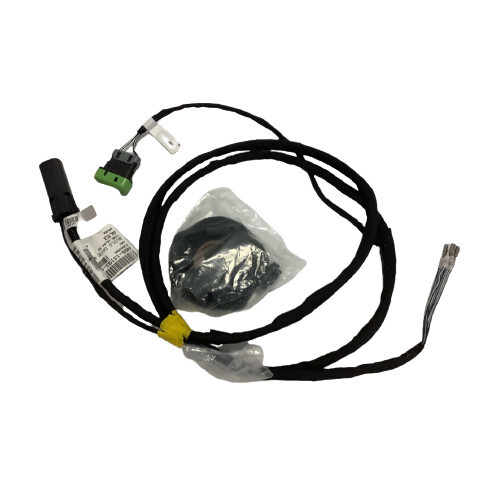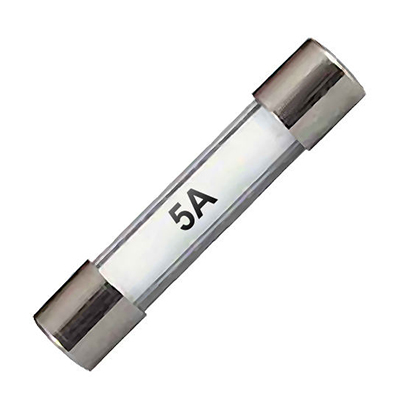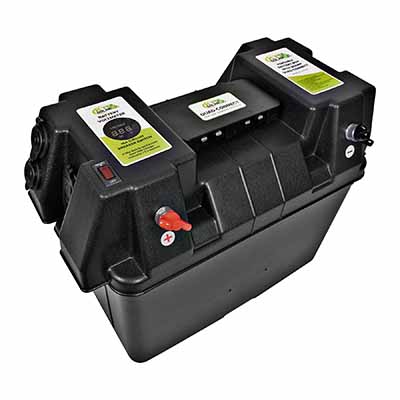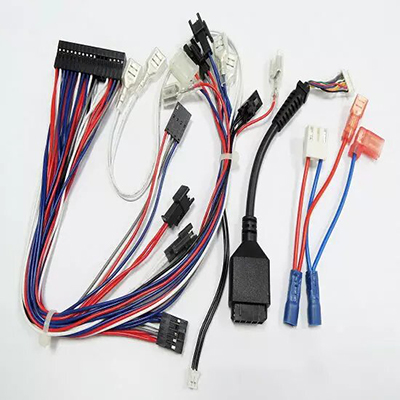Ensuring Compatibility of Wire Harnesses in ADAS Implementations
News 2025-10-24
Wire harnesses are essential in modern automotive systems, particularly for Advanced Driver Assistance Systems (ADAS), which include components like sensors and control units. Compatibility ensures that these harnesses integrate seamlessly, preventing issues such as signal loss or system failures that could affect safety features. As ADAS technology evolves, addressing compatibility challenges becomes crucial for reliable vehicle performance and regulatory compliance.

Diverse Application Scenarios in ADAS
ADAS relies on wire harnesses in various real-world settings, such as urban driving where adaptive cruise control demands precise data transfer between radar and braking systems. In highway scenarios, compatibility supports lane-keeping assist by maintaining clear communication with cameras and steering controls. Additionally, in parking situations, harnesses enable accurate connectivity for ultrasonic sensors, enhancing maneuverability and reducing collision risks in tight spaces.
Enhancing Performance through Compatibility
Compatible wire harnesses improve ADAS functionality by minimizing electromagnetic interference, which can distort sensor data and lead to inaccurate responses. They also boost durability against environmental factors like vibration and temperature fluctuations, ensuring long-term reliability. Furthermore, optimized compatibility reduces latency in data transmission, allowing faster reaction times in critical systems and contributing to overall energy efficiency in vehicle operations.
1. What factors influence wire harness compatibility with ADAS components?
Key factors include material selection, connector design, and adherence to industry standards, all of which affect signal integrity and system reliability.
2. How does compatibility impact ADAS safety features?
It ensures consistent performance, reducing the risk of malfunctions that could compromise safety systems like automatic emergency braking during operation.
3. Why is testing important for wire harness compatibility?
Testing verifies that harnesses meet performance criteria under various conditions, helping to identify and resolve potential issues before deployment in vehicles.


